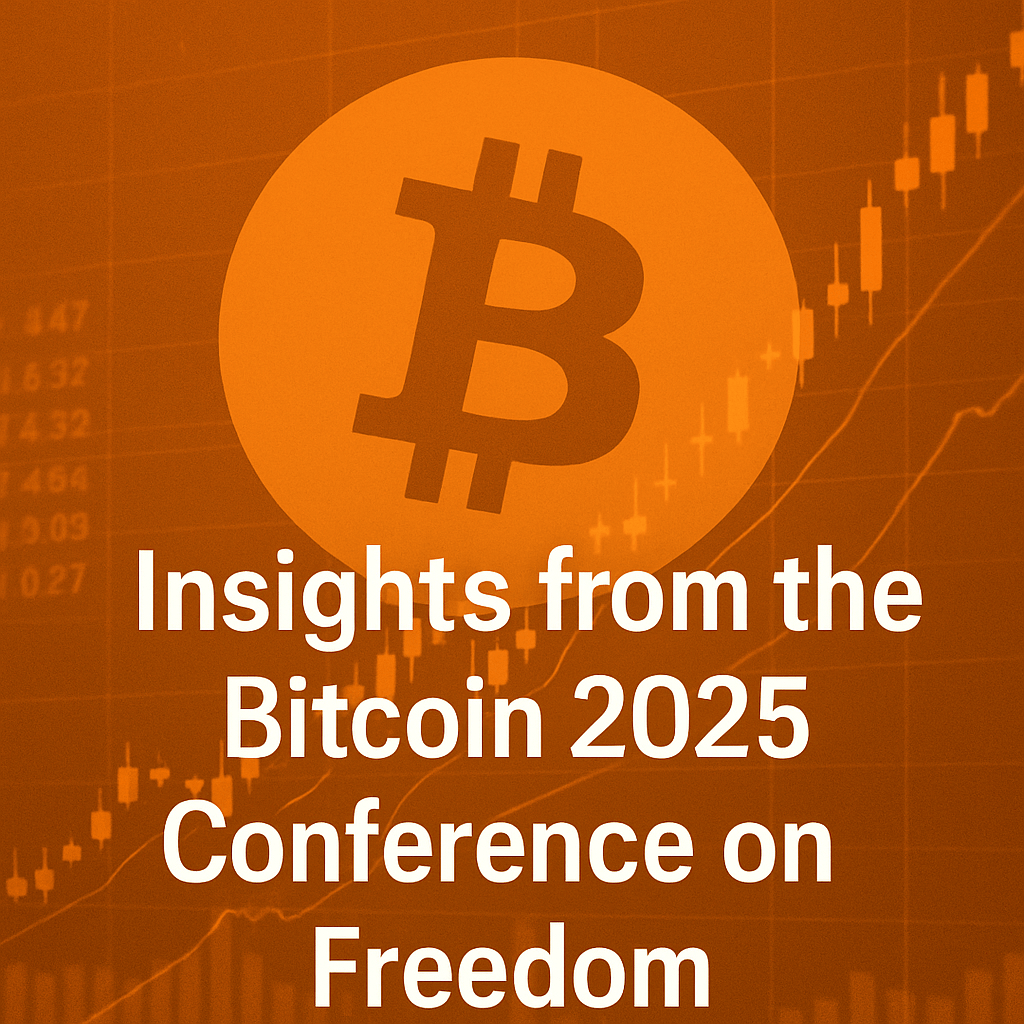Insights from the Bitcoin 2025 Conference on Freedom


At the Bitcoin 2025 conference, held earlier this month, the underlying theme resonated through the discussions and presentations was ‘freedom.’ Notably, significant individual narratives highlighted the quest for personal autonomy in a rapidly evolving economic landscape.
Key Speakers and Their Messages
Among the pivotal figures at the conference was Ross Ulbricht, the founder of the Silk Road, who recently made his first significant public appearance. Ulbricht’s narrative underscored the struggle for freedom and privacy in the digital age, showcasing the extreme consequences faced by individuals who challenge existing governmental frameworks.
Additionally, Michael Saylor, CEO of MicroStrategy and a prominent Bitcoin advocate, addressed the audience with an emphasis on Bitcoin as a tool for economic empowerment. Saylor argued that Bitcoin provides individuals with an avenue to escape the confines of traditional financial systems, which often involve restrictive regulations and centralized control. His focus was clear: Bitcoin is not just a financial instrument but a harbinger of personal liberation.
The Technological Backbone of Freedom
The conference also delved into the technological specifications that contribute to Bitcoin’s narrative of freedom. Blockchain technology, which underpins Bitcoin, enables decentralized transactions devoid of intermediaries, theoretically granting individuals control over their own wealth. The transparency of blockchain can foster trust while also allowing users to remain anonymous, depending on their preferences.
Experts underscored how advancements in Bitcoin’s scalability solutions, like the Lightning Network, are vital for enhancing its usability while keeping transaction fees low. This layer 2 solution enables faster, cheaper transactions, which propagates the idea of freedom from the large fees typically incurred with traditional banking services.
Deeper Analysis of Bitcoin’s Role in the Global Economy
As the world grapples with economic uncertainty and inflationary pressures, Bitcoin’s role as a hedge against inflation is increasingly relevant. The conference highlighted Bitcoin’s capped supply of 21 million coins as a mechanism to preserve value over time. Analysts predict that as inflation rises, more investors and institutions may turn to Bitcoin as an alternative store of value, positioning it as a long-term solution for financial stability.
Geopolitical Implications
Across the geopolitical spectrum, Bitcoin is gaining traction among nations facing economic sanctions and restrictions. For instance, countries like Venezuela and Russia have explored the use of cryptocurrencies as a means to circumvent Western sanctions. The conference featured discussions on how Bitcoin can empower populations in regions afflicted by economic mismanagement, offering them an escape route from systemic failures.
Conclusion: A Movement Towards Autonomy
Bitcoin 2025 encapsulated the aspirations of a growing movement that seeks to redefine personal economic freedom in an increasingly digital world. With advancements in technology and a shifting global perspective on cryptocurrency, the concept of financial autonomy is gaining ground. The synergy of innovative applications and visionary discourse paves the way for a future where individuals can reclaim control over their economic destinies.
Expert Opinion: “The decentralized nature of Bitcoin could represent a paradigm shift in how we perceive ownership and control in the financial landscape,” commented industry analyst Sarah Kumar.